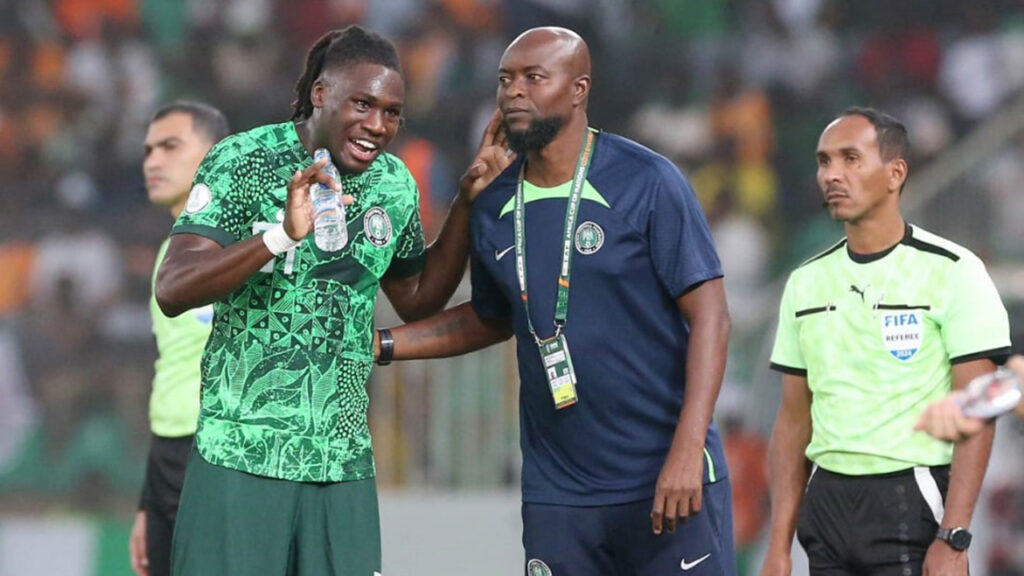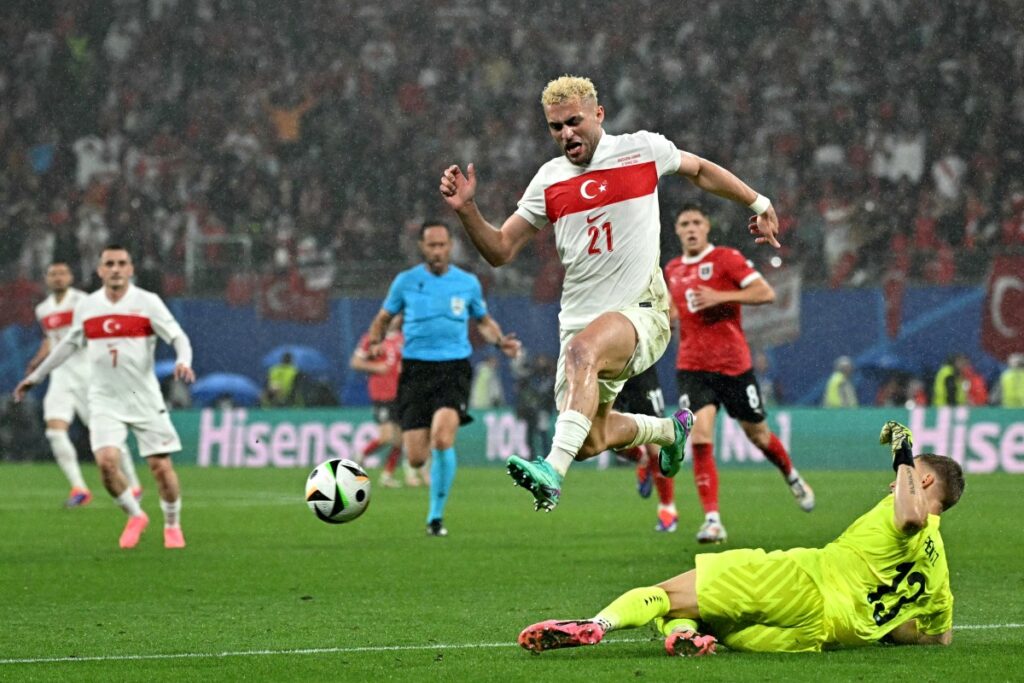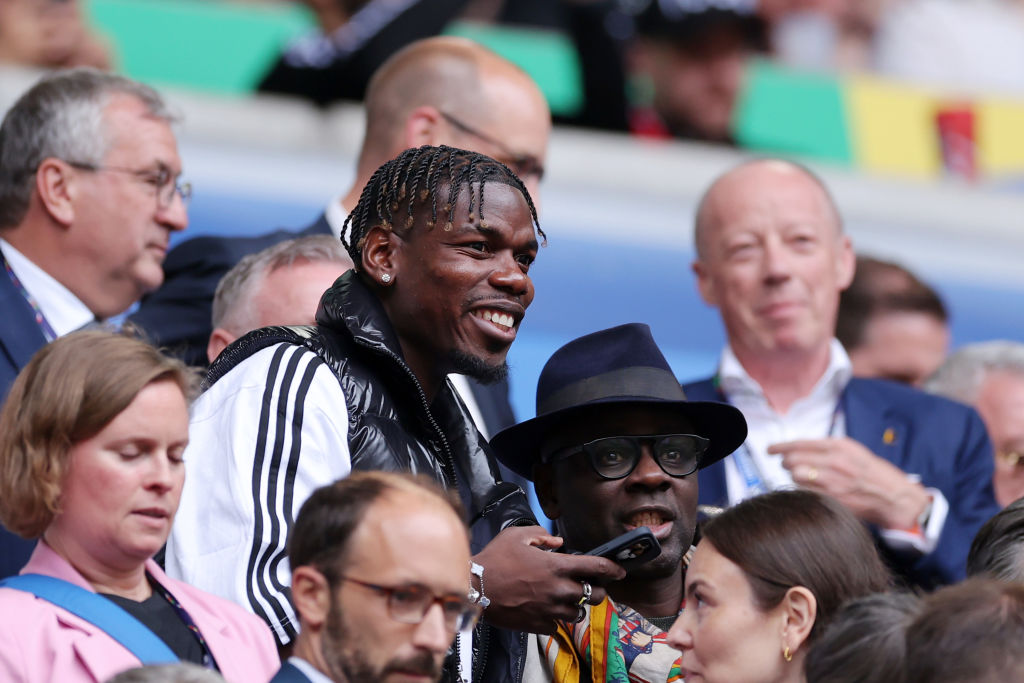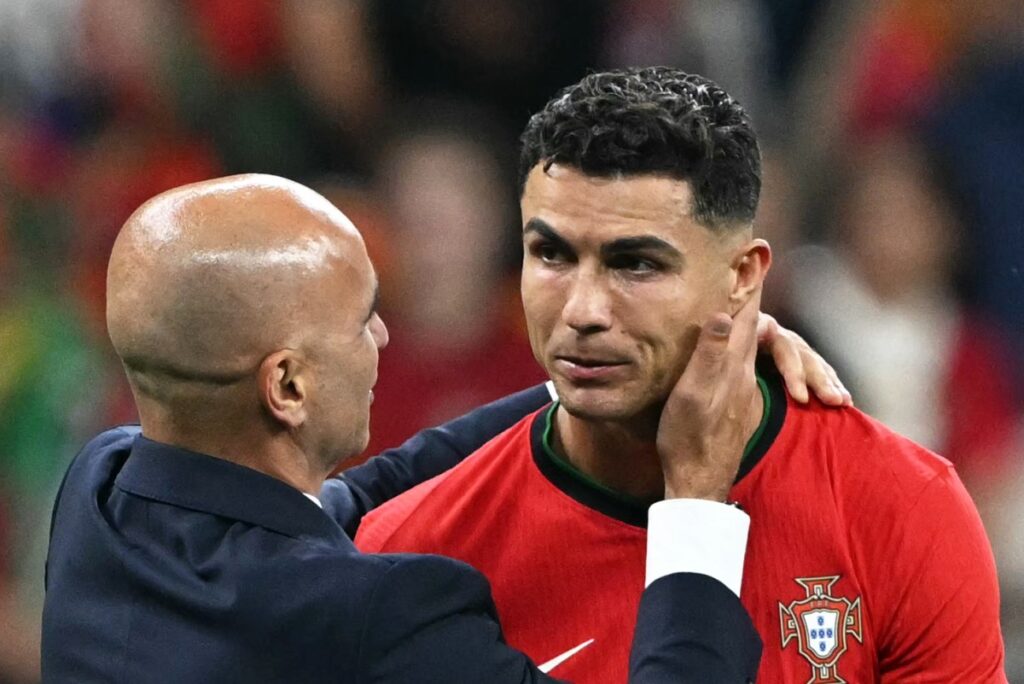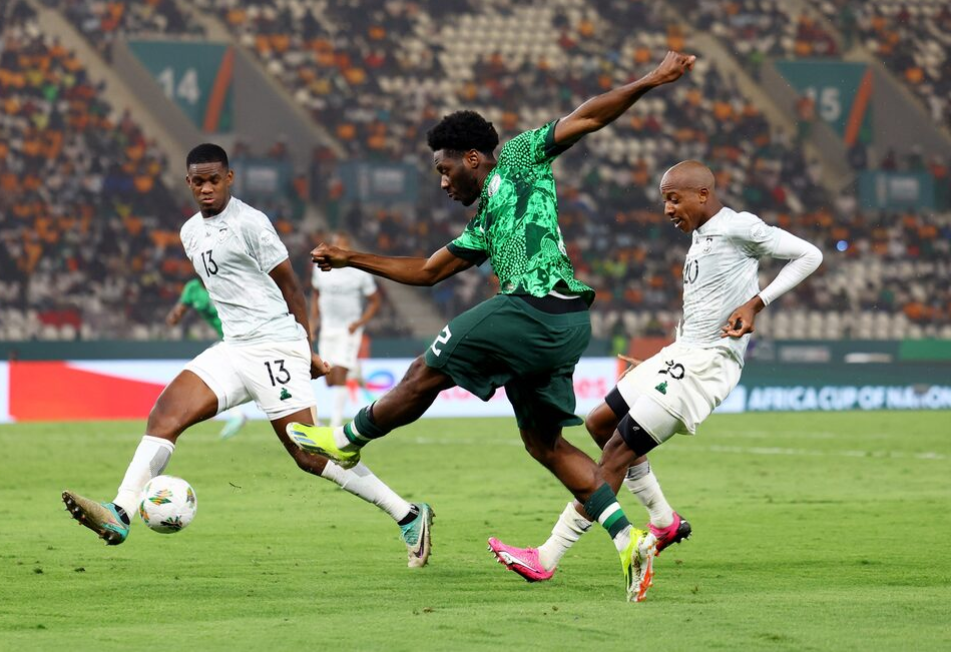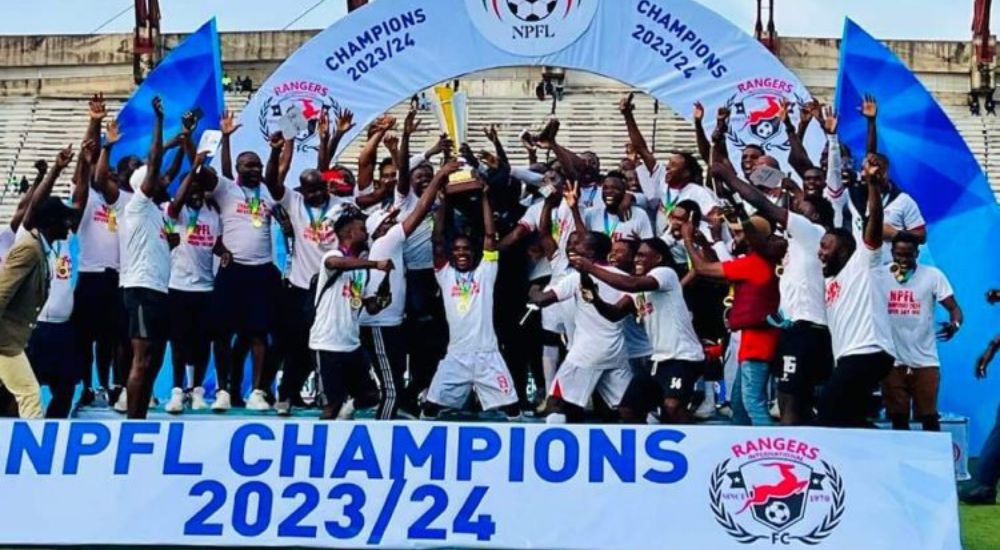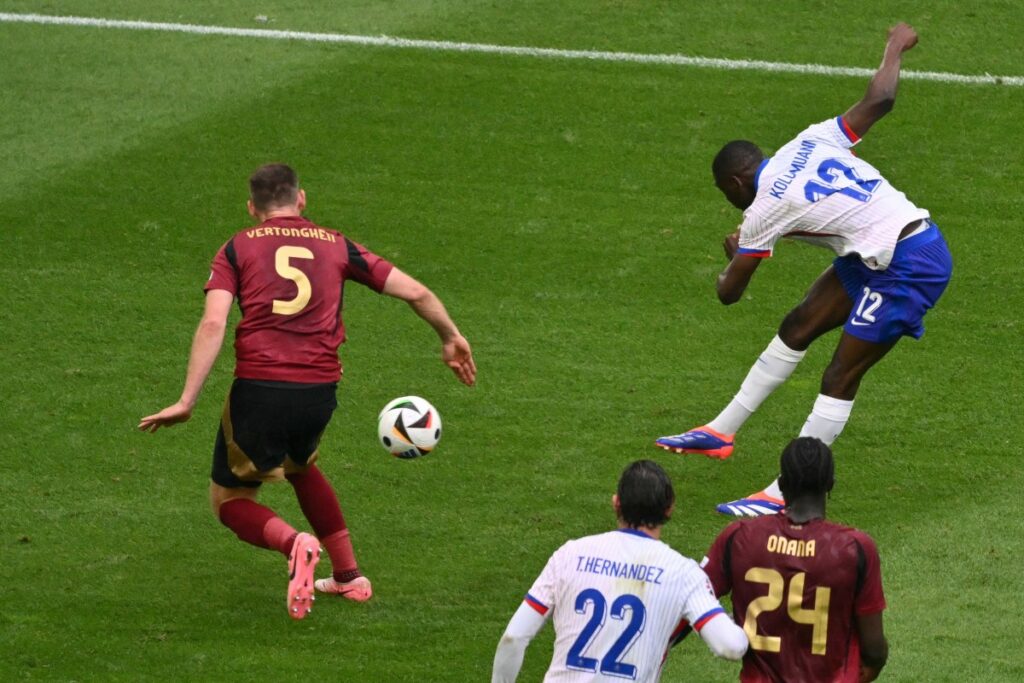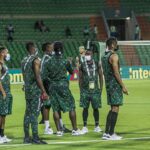
The Nigerian Football Federation’s (NFF) appointment of an indigenous coach for the senior national team is fait accompli in the light of the current economic realities. But the most difficult part of the pact is the requisite freehand, respect, and enabling environment that had erstwhile been the exclusive ‘privilege’ of expatriate coaches, CHRISTIAN OKPARA writes.
Environment, they say, plays a huge role in shaping the outcome of a project. An individual, who gets all the support he needs to accomplish a given task, often makes a success of that venture, even when that particular task seems daunting.
Conversely, when the basic requirement for the execution of that task is denied, the individualis almost always bound to fail no matter how he tries. Such is the life of a football coach saddled with the responsibility of leading a team to attain certain targets.
On March 2, 1990, in Algiers, the Super Eagles suffered their worst result in over 10 years when they were beaten 5-1 by hosts, Algeria, in the opening game of that year’s Africa Cup of Nations. It was Clemens Westerhof’s first outing at the AFCON since he assumed the role of Super Eagles’ manager in 1989. This latest hounding came almost a year after failing to qualify the Super Eagles for their first World Cup appearance at Italia ’90 following two damaging losses to Gabon and Cameroon in the last legs of the qualifying series.
Westerhof inherited a team that was leading with two points a group that also had Angola before the last two qualifying matches. But as has been the tradition with the country’s football officials, the Nigeria Football Federation (NFF) opted to give the self-acclaimed Dutchgerian more time to build his ‘young team.’
In contrast in 1985, barely six months after leading the Eagles to a credible second-place finish at the Cote d’Ivoire 1984 Africa Cup of Nations, where they lost to a Theophile Abega-inspired Cameroon, Coach Adegboye Onigbinde was sacked for leading the same team to two defeats at an invitational tournament in South Korea. The reason was that Nigeria, Africa’s second-best team, was too big to lose to such ‘minnows’ as those,who participated in the South Korean invitational.
Onigbinde was also accused of not playing attractive football and in his place came the late Christopher Udemezue, who had two years earlier taken the national U-20 team to Nigeria’s first outing at a World Cup at any level, the World Youth Championship in Mexico.
The result of that ‘rash’ decision was the country’s failure to qualify for the Mexico 1986 World Cup despite boasting some of the finest young talents in African football then.
The above scenario paints the picture of local coaches, who are hardly given the opportunity to grow on the job against the preferential treatment given their foreign counterparts, who not only earn far more than the locals but are also provided with everything they need to succeed on the job.
The late Paul Hamilton, who handled the Super Eagles before handing over to Westerhof in 1989, once narrated the pathetic situation under which he worked against the sudden change when the Dutchman succeeded him.
According to Hamilton, who also coached the U-20 national team and the women’s team, Super Falcons, “most of the resources that were not available under the Nigerian coach miraculously appear when the coach is a Whiteman.
“I recall that I was given only four balls to train my team, which had no team bus and had to trek to training sessions. But when Westerhof took over the team, many balls were made available for him, while a brand-new bus was given to the team.In fact, Westerhof had the ears of the highest authority in the land and could get anything he needed to work with. That is the difference between a local coach and a foreigner.”
Many stakeholders believe that given the same conditions under which the foreign coaches work, Nigerians would perform better than the expatriates. Former Nigerian captain, Segun Odegbami, argues that the difference between the Nigerian coach and his foreign counterpart is the colour of their skins.
According to Odegbami, most of the foreign coaches who come to Nigeria are largely unknown and without credible achievements before taking the Eagles’ job. He asks: “Who was Westerhof in the world of coaching when he was hired? Was he a world-class coach? What club or country of renown did he coach? What trophies of substance did he win?
“The truth is that he was a nobody. Nobody knew him. How he was hired will make Jose Peseiro’s case look very good.“Westerhof started rather poorly but ended after five years on a glorious note. Throughout that period, he enjoyed uncommon privileges, access to power and resources arranged by the interest that brought him into the system. The same could be said of Jo Bonfrere, Gernot Rohr, and the recently departed Peseiro.
“Armchair critics, however, would have colourful answers to defend the tenures of all these White foreign coaches. Yet, Westerhof ‘failed’ at Algiers ‘90 (he did not win the trophy) before, four years later, with a team brimming with talent, he won AFCON.”
Odegbami said the quality of the Nigerian coach cannot be determined by a few months on the job, adding that given the same opportunity to grow on the job, the home-bred coaches would also succeed or even exceed the achievements of these foreign coaches.
According to Odegbami, “Through the decades since 1985, we have seen the evidence that Nigeria can become the first African country to win the World Cup. Even the late legend, Pele, and other renowned coaches from other countries have expressed the same sentiment that Nigeria has the talent to win the World Cup before any other African country. But none of them said the country would do so by using foreign coaches. After all, they know that in history, no foreigner has ever won the World Cup for another country.
“So why do we think it will be different with Nigeria? Unless for selfish reasons.We ridiculously and shamefully limit our ambition to getting to the semi-final of the African Championship by hiring a foreign coach.”
Former Super Eagles’ Coach, Samson Siasia, added that the bane of the Nigerian coach is that he is poorly treated by his compatriots, who see outsiders as better than the home-bred managers.
Lamenting the disparity in the way local coaches and their foreign counterparts are treated by football authorities, Siasia said during a podcast with ex-international Emmanuel Babayaro and Matthew Edafe, that most of the time the job is made difficult for the home-based coach by his employers.
Speaking from his experience with the team, he said “They didn’t give me Super Eagles from the beginning andgive me four years.
“They don’t give Nigerians four years… you lose one match, they fire you. That’s the truth. The White people will come, you give them more time and pay them more money.”
The coach, who revealed that a White coach once got better pay and was sent on a coaching course by the NFF after losing a game, said, “and we (local coaches), they won’t send us anywhere and they want us to be better.
“They will pay the white man $50,000 monthly and pay local hires N1million. From the N1million, the coaching staff will also take inside, and you also must feed your family.”
Siasia, who said that the Super Eagles were the easiest to coach among all the national teams, added: “I qualified the country for the Olympics twice, how many other coaches have been able to do that?”
Onigbinde, a former CAF/FIFA instructor, told The Guardian that a well-trained Nigerian coach would do better than any foreigner because the local manager knows the terrain and the psychology of the country’s players.
Onigbinde, who succeeded Brazilian Otto Gloria after the latter failed to defend the country’s maiden AFCON title in 1982 and also did not qualify them for the 1982 FIFA World Cup, said the home-bred coach has the ‘freedom’ to traverse the country in search of hidden talents unlike the foreigner, who almost always rely on players trained by other countries to make up his team.
Most times some of these overseas-born players only resort to playing for Nigeria when they fail to get into teams of their original countries.
Onigbinde highlighted the discovery of former internationals including Ademola Adesina and Rashidi Yekini – the first Nigerian to win the African Footballer of the Year award and the country’s leading top scorer with 37 goals after 58 games – as an achievement.
“In October 1983, Nigeria beat Ghana in Accra and that was the first time a Nigerian team defeated Ghana away from home,” he added.
“But what was impressive about my team was the fact that some of the players came from nowhere when I discovered them and gave them national team debuts.
“Some of these players include the late African Player of the Year Rashidi Yekini, Chibuzor Ehilegbu, John Omughele, Tarila Okorowanta and Ademola Adesina, among others.”
In his second coming as Super Eagles coach in 2002, Onigbinde gave Nigeria Vincent Enyeama, who has been acclaimed as one of Africa’s greatest goalkeepers by statisticians.
President of the Football Coaches Association of African Nations (FCAAN), Dr Terry Eguaoje, said the problem Nigerian coaches usually encounter is that some of the administrators feel they can do the coach’s job even when they don’t know anything in that terrain.
Dr Eguaoje who is a certified coaches’ instructor, said FCAAN is out to ensure Nigeria and other African nations rely wholly on indigenous coaches, asserting that African coaches are equal in competence with their foreign counterparts and will perform better if given the same conducive environment like their colleagues from Europe.
“The problem here is that we have a toxic environment. Some club chairmen put a lot of pressure on the local coaches thereby making the environment not too conducive for the Nigerian coaches to excel.
“Every coach deserves respect. If we hire a competent coach, let him fail and grow on the job. But that is not the case. We are too impatient with the indigenous coaches.
“Augustine Eguavoen once told me a story of how one club official ordered his players back to the field because he felt they had not had enough training for a crucial game the following day. The official felt that two two-hour session was not enough for a team that had a game in less than 24 hours.
“In Nigeria and other African countries, the foreign coaches are treated like demigods. But from available statistics, no foreign coach has won the World Cup since its inception in 1930.”
Dr Eguaoje, who is a certified coaches’ instructor, said that African coaches are equal in competence with their foreign counterparts and will perform better if given the same conducive environment as their colleagues from Europe.
With the recent confirmation of Finidi George as Super Eagles’ substantive manager, stakeholders believe the appointment would be meaningless if the former Ajax Amsterdam midfielder is not given the necessary tools to do the job.
Sports analyst, Desmond Ekwueme, commends the NFF for finally settling for an indigenous coach “despite the initial talk in the media that he was out of consideration for not having a CAF License and all that.”
He said: “After playing two international friendlies against Ghana and Mali and securing decent results by winning one and losing the other, perhaps, the NFF realised that continuity is key to the success of the team.
“Taking over from Jose Peseiro after assisting the Portuguese is only natural and a wise decision. Finidi was fortunate to be part of the last AFCON which surely armed him with enough experience to carry on from where Peseiro stopped,” he said.

